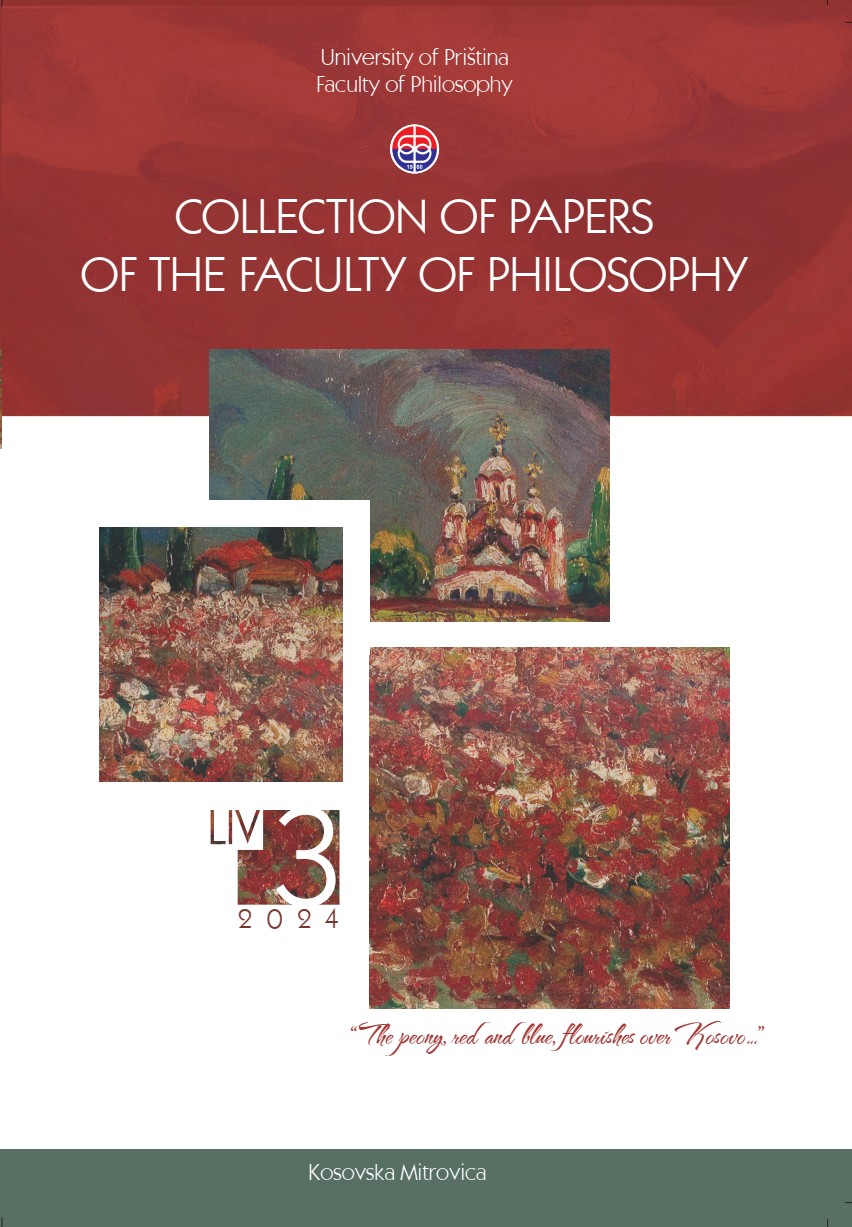Tertiary-Level EFL Learners’ Motivation and Classroom Engagement in a Post-COVID Online Environment
Tertiary-Level EFL Learners’ Motivation and Classroom Engagement in a Post-COVID Online Environment
Author(s): Danica M. Jerotijević Tišma, Anica R. Radosavljević KrsmanovićSubject(s): Foreign languages learning, Applied Linguistics
Published by: Филозофски факултет, Универзитет у Приштини
Keywords: motivation; engagement; online learning; EFL; pandemic.
Summary/Abstract: In the last few years, during and in the immediate aftermath of the COVID-19 pandemic, the rapid development of technology has faced one of the greatest challenges yet, especially in the field of education. Even though traditional in-class activities may seem tedious, motivating students to actively participate in online classes occasionally poses an even greater challenge. Having the scarcity of research in the Serbian EFL context in mind, the present paper aims to explore the potential impact and outcomes of the pandemic, by investigating Serbian tertiary-level EFL learners’ motivation and classroom engagement in an online environment. The primary instrument was a questionnaire consisting of three sections: a section related to motivation, which included four subscales (personal suitability, effectiveness, teachability, and study habits); a section on classroom engagement, which contained statements addressing behavioural, agentic, cognitive, and emotional engagement; and a section on the actual effects of the pandemic on students’ motivation for online learning. A total of 82 English-major students participated in the study. The results indicate that, even though the pandemic has introduced new platforms and opportunities for online learning, students seem to be more motivated to learn in the traditional classroom, expressing particular doubts about the effectiveness of online learning. Students generally express positive attitudes towards personal suitability and teachability online; however, their study habits leave room for improvement. Students’ cognitive engagement exhibits more positive tendencies than the other three types. The result that seems to have the most significant pedagogical implications is that the majority of respondents state that the pandemic made them feel tired of online learning, which underlines the need for reconsideration of the current practices and the importance of constant innovation of the teaching process.
Journal: Зборник радова Филозофског факултета у Приштини
- Issue Year: 54/2024
- Issue No: 3
- Page Range: 97-116
- Page Count: 20
- Language: English

